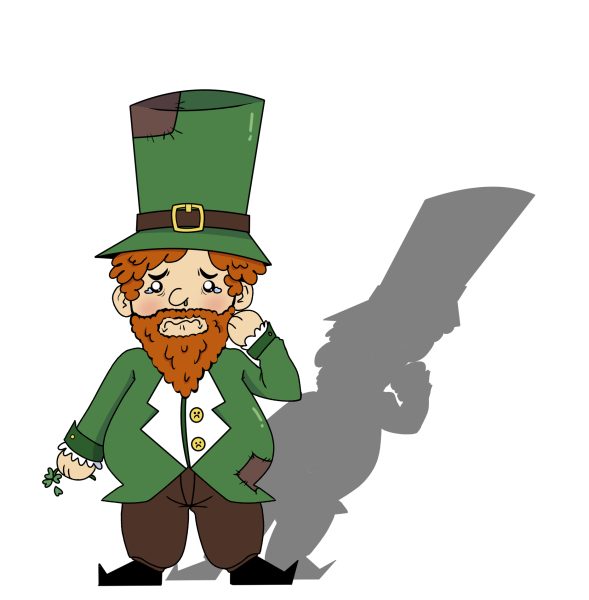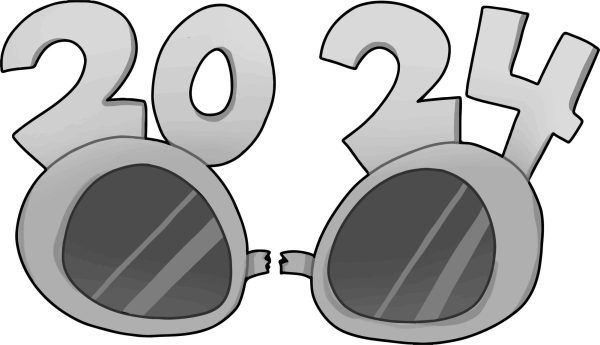Financial literacy is life literacy
October 21, 2022
In 40 years, students probably won’t be thanking the U.S. education system for forcing them to memorize the date a Civil War general was born. But if they were blessed with a strong financial education in school, they would learn skills and concepts they would use for the rest of their lives.
According to Greenlight, a banking service for kids, “3 in 4 teens don’t feel confident in their personal finance knowledge.” This is unacceptable. Every student should be taught how to make sound financial choices, because everyone, regardless of their career, has to make decisions with their money. If teens are taught how to make wise financial decisions, they have a greater chance of handling a credit card responsibly, making financial plans that fit their paycheck, and saving for their future.
In 15 states, students are already required to take a one-semester credit of financial literacy during high school. Washington state does not yet require students to take these classes, which cover how to use credit, plan financially for college, how debt works, and countless other skills students will need for adulthood.
“Money doesn’t necessarily buy happiness, but when you are financially secure because you were taught financial principles that set you up for success, that removes a lot of stress from students who might otherwise be drowning in financial messes,” Liberty economics and workplace-skills teacher Wes Benjamin said. “Every student can benefit from learning how to use their resources to accomplish their goals. That’s what financial literacy is all about.”
Washington needs to mandate financial literacy classes to prepare teens for the financial decisions they will make. Not every student needs to take an art class to succeed, but everyone needs to be taught how money works so they can set themselves up for financial success.












